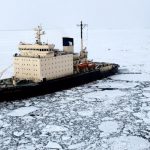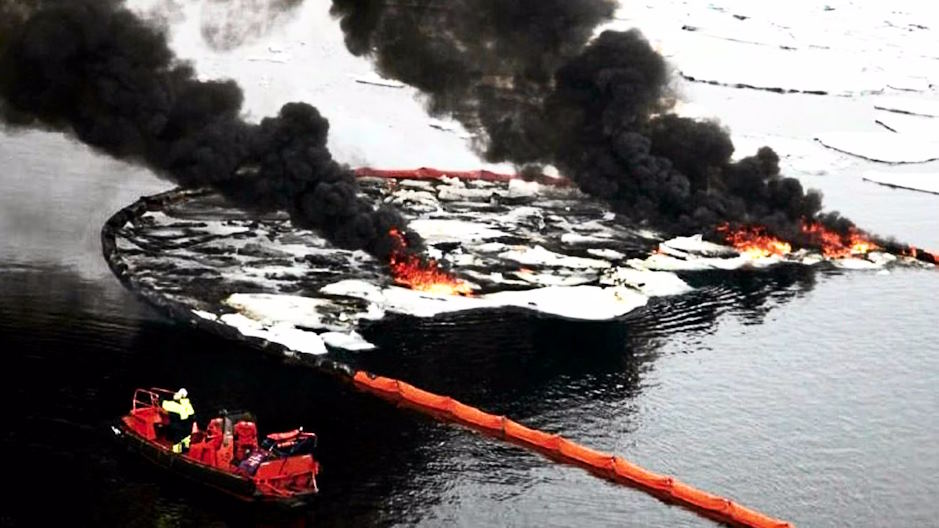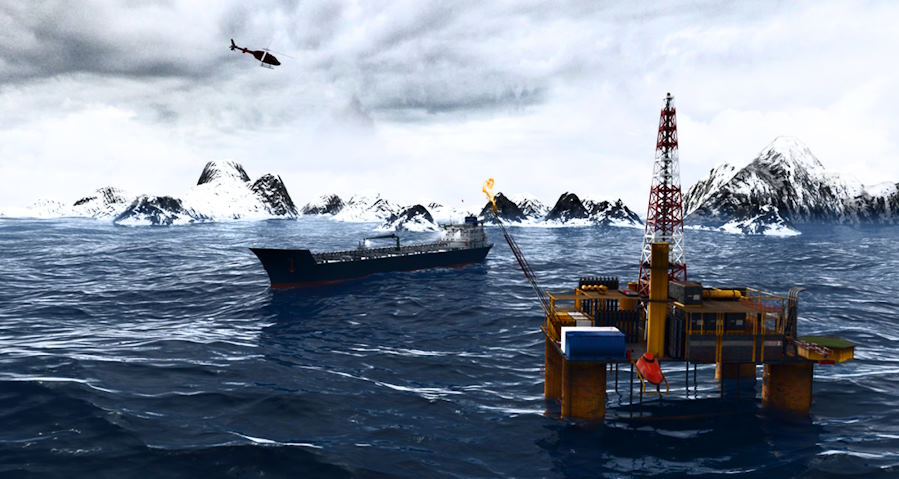
The Arctic’s Vulnerability: Oil Spill Risks in Remote Environments
The pristine Arctic, with its fragile ecosystems, is facing increasing oil spill risks as human activities expand in this remote region. This article explores the potential oil spill dangers in the Arctic’s delicate ecology, highlighting the unique challenges of responding to such incidents in this remote and challenging environment.
Oil Spill Risks in Pristine Arctic Ecosystems
- Growing Industrial Activities
The Arctic is becoming a hotspot for oil and gas exploration, shipping, and mining. Increased human presence raises the risk of oil spills from drilling, transportation, and accidents.
- Unique Ecosystem Vulnerability
Arctic ecosystems are adapted to extreme cold and have limited resilience to oil contamination. The cold water slows down the natural degradation of oil, making spills more damaging and long-lasting.

The Delicate Ecology of the Arctic and the Looming Oil Spill Danger
- Biodiversity at Risk
The Arctic is home to diverse and vulnerable species, including polar bears, seals, and various bird species. Oil spills can disrupt their habitats, harm populations, and disrupt food chains.
- Impact on Indigenous Communities
Indigenous peoples of the Arctic depend on the region’s natural resources for their way of life. Oil spills threaten their livelihoods, food security, and cultural heritage.

Understanding the Unique Challenges of Responding to Arctic Oil Spills
- Harsh Environmental Conditions
The Arctic’s extreme cold, ice cover, and remote locations pose significant challenges to oil spill response efforts. Containment, cleanup, and monitoring are more difficult in these conditions.
- Limited Infrastructure
The lack of infrastructure in the Arctic complicates response logistics. Few ports, airstrips, and response bases are available in this vast region.
The Arctic’s vulnerability to oil spills is a pressing concern as the region experiences increased human activity. Protecting its pristine ecosystems, diverse wildlife, and the livelihoods of indigenous communities requires proactive measures, stringent regulations, and responsible practices by industries operating in this remote environment. Recognizing the unique challenges of responding to Arctic oil spills is crucial for developing effective preparedness and response strategies as we strive to preserve this extraordinary region for generations to come.